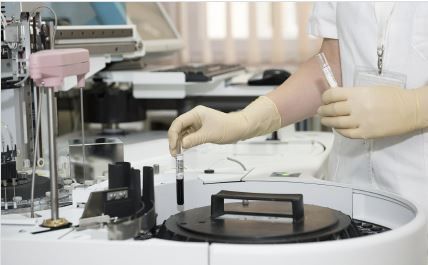MEMMEA
Hybrid "MEMristor-CMOS Microelectrode Array" Biosensor Platform
Recording neuronal activity enables understanding the functionality of the brain. Chip-based neural probes such as CMOS-based micro-electrode arrays (MEA) have made significant progress in recent years, providing a platform for simultaneous recording of neural electrical signals in vitro from multiple cells.
This has tremendously advanced the measurement of neuronal activity in real time. However, to enable implantable brain stimulation chips, a low-power circuit architecture is needed that can perform neural signal processing and electrical stimulation on the chip. Current CMOS-based neural probes have too high power consumption to achieve fully implantable autonomous neuroprosthetics.

Description
Therefore, research is needed that brings together energy-efficient devices and novel low-power circuit design techniques to develop an energy-efficient system. Memristive systems with their unique characteristics, such as gradual resistance change, pulse summation, and thresholding behavior, can enable compact circuits for neural data processing. Therefore, we propose to explore and develop an integrated platform consisting of co-integration of memristive components and CMOS MEAs. In the proposed project, novel memristor-CMOS hybrid circuits will be developed to enable on-chip signal processing. The development of these new circuit techniques will open doors for broader biosensing applications.To carry out such an ambitious project will require expertise in device fabrication and electrical characterization, compact physical modeling, CMOS circuit design, and in vitro characterization. The consortium consists of researchers from HZB, TUB, FZJ and NMI and leverages the expertise of these four partners, who are internationally recognized players in their respective fields.
To demonstrate the neural probe platform, the following objectives are pursued:
Goal 1: Development of intelligent neurosensors by fabrication of memristive devices on CMOS micro-electrode array (MEA) neuron activity sensing chips.
Goal 2: Develop a compact model for the manufactured components that can be used for circuit design.
Goal 3: Optimization of memristive circuit architecture for energy-efficient and reliable processing of biological neural signals.
Goal 4: Characterization of memristive devices on the fabricated chip with low pulse widths to gain an advanced understanding of device physics.
The ultimate vision of the proposal is to develop an energy-efficient biosensor platform based on memristive device CMOS hybrid circuits.
Projectlead

Dr. Peter D. Jones
Group Leader Biomedical Micro and Nano Engineering





